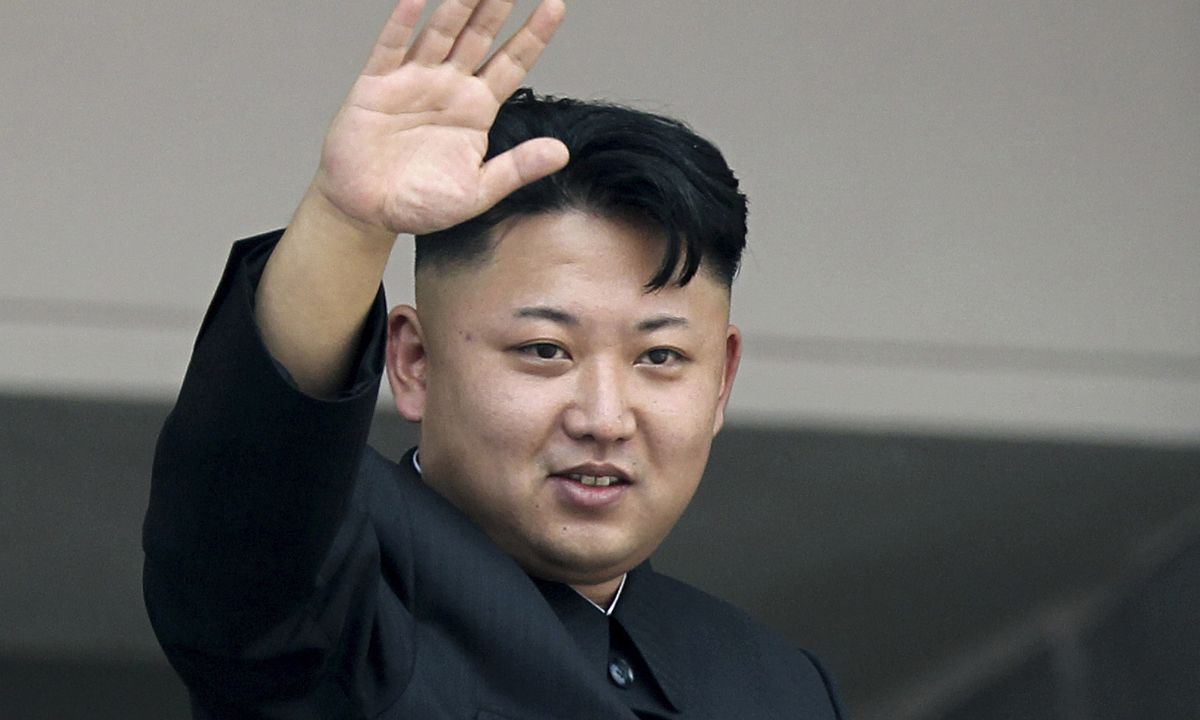
January 7, 2016, by Tony Hong
Has ‘Little Brother’ Gone too Far
By David O’Brien Assistant Professor,
School of Contemporary Chinese Studies UNNC.
Whether this week’s nuclear explosion detonated under a mountain just a hundred miles or so from the border with China was a hydrogen bomb or not the PRC’s relationship with North Korea may have been irreparably damaged.
In perhaps its strongest ever criticism of an ally it once described as “close as lips and teeth”, the Chinese Ministry for Foreign Affairs were quick to condemn the latest test and it seems China’s patience has been pushed too far this time.
“We strongly urge the DPRK side to honor its commitment to denuclearization and stop taking actions that worsen the situation”, the statement said.
Spokeswoman Hua Chunying said Beijing had not been given advanced warning of the test and would be summoning Pyongyang’s ambassador to lodge a protest. Official media pulled no punches either.
In an editorial, the China Daily said the tests were“risky, irresponsible and reckless”.
Global Times said Pyongyang was attempting “to use nuclear deterrence to make up for its economic losses and political insecurity”
“That nuclear weapons mean everything is an outdated mentality and does not fit a globalized world. If Pyongyang is determined to develop its economy, it should engage with the outside world, including the West. Nuclear weapons are not the solution to its domestic woes,” the paper’s editorial said. Beijing News quoted Zhang Liangui, a North Korea expert from the Central Party School in Beijing as saying China was growing tired of its neighbour’s “brink-of-war” policy. “This policy is very dangerous,” he said.
This is the fourth nuclear test North Korea has conducted. Previous explosions in 2006, 2009 and 2013 were also criticized by China but this time the condemnation has been much stronger which adds to the growing impression that China is seeking to distance itself from its neighbour.
According to the Wall Street Journal China experts told US counterparts in April that that Pyongyang now has around 20 nuclear warheads, and the country has become so good at enriching uranium that it could double that number by the end of 2016. Australia’s Foreign Julie Bishop this week called on China to use its influence over North Korea to seek to rein in the regime’s “provocative and dangerous behaviour”.
“China will be key to ensuring that the sanctions are imposed and that the relationship between Chinese companies and individuals and North Korea doesn’t lessen the impact of the sanctions,” she said. Some experts however see China losing influence over its delinquent ‘little brother’.
“China’s influence on North Korea is becoming weaker and weaker, the main issue is that the North’s leadership do not listen, they are very stubborn”, says Zhu Feng, an expert on international relations.
“Kim Jong-Un might feel that he has, you know, sort of a nothing to lose kind of mentality”, warns Wang Dong, an associate professor at Peking University’s School of International Studies. It had all seemed so much more positive just a few weeks ago when a glamorous singing troupe supposedly chosen by Kim Jong Un himself arrived in Beijing with much fanfare for a series of high profile concerts.
The all-girl group called Moranbong was in town in a bid to improve relations between the two countries.
However the performances were cancelled at short notice for what Xinhua said were “communication issues at the working level”. It was rumoured that the North Koreans were upset that the Chinese officials due to attend were not of sufficiently high rank.
It would almost be funny if it wasn’t so very serious.
No comments yet, fill out a comment to be the first

Leave a Reply